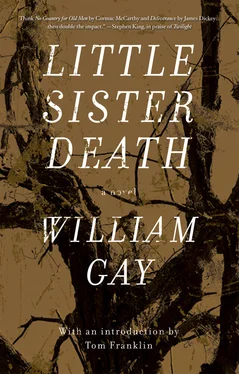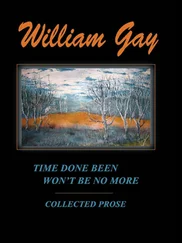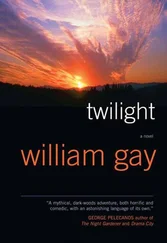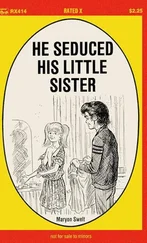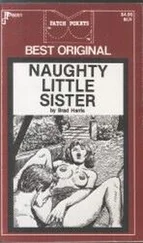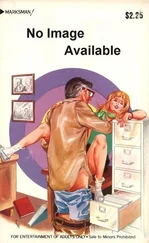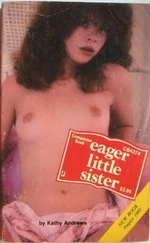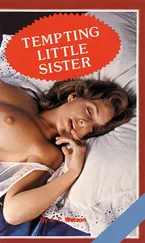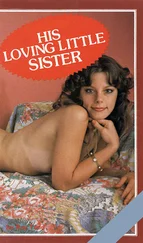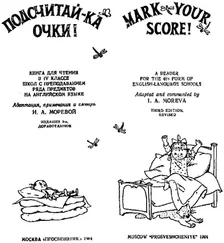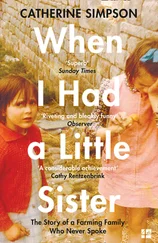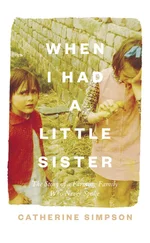William Gay
Little Sister Death
A Fire Burning: An Introduction by Tom Franklin
He cut his own hair. In warm weather he’d bathe in the creek behind his house. He hunted ginseng in the woods when the season was right. He tended a vegetable garden that grew tomatoes, squash, okra, carrots, and onions. He smoked Marlboros. He sometimes wrote in a tree house on his property. Women loved him. They wanted to take care of him, to fatten him up. In his later years he never drove. He wrote. He wrote in pencil on yellow legal tablets, one stacked on another when the first was filled. His favorite restaurant was Waffle House. In the sixties he heard Janis Joplin play in Greenwich Village, and when he requested a Bob Dylan song, she snapped, “We don’t do covers, sir.” He loved him some Dylan. He loved David Letterman , too, and the Cubs. He loved Seinfeld, Deadwood , William Faulkner, Bill Clinton, AC/DC. His dogs. He loved movies, though he didn’t go to theaters. Most of all he loved his children, and his grandchildren.
He had high Cherokee cheekbones and small brown eyes that got lost when he smiled. The skin of his face had deep lines in it that seemed to hint at hard living. When the writer Janisse Ray met him, at Rowan Oak in Oxford, Mississippi, she said, “You look like a man who’s been shot at.” And he did, he looked like a man who’d been shot at. There’d be weeks he wouldn’t answer his phone. It might be disconnected, or it might just ring. If this went on too long, we’d start worrying, his friends, calling each other. Have you talked to William? Have you talked to William?
I met William Gay in July of 1999 at the Sewanee Writers’ Conference in Sewanee, Tennessee. My first book, a collection called Poachers , had just been published, and I was a fellow at the conference, thrilled to be there with my wife, Beth Ann, who was a scholar. Among the writers loitering about the various events was a man I noticed, often with an attractive younger woman. This man was older but it was hard to tell how much, maybe forty-five, maybe sixty. He looked grizzled. At readings, panels, and parties, he always stood on the fringe, alone or with the woman (his agent, Amy Williams, I’d later learn), and always smoking a Marlboro. If it was noon or later, he’d have a Budweiser.
A few days into the conference, I attended a presentation by Knopf editor Gary Fisketjon. At the end of the talk, I got in line to ask him a question. Waiting, I turned around at one point and there stood the grizzled man himself. He wore blue jeans and a black T-shirt and a navy corduroy sports jacket. We introduced ourselves and I was proud when he told me he’d just gotten my book. He’d seen an ad in the Oxford American . He and I began to talk as the line inched along and were still talking when we realized Fisketjon was watching us. William stuck out his hand and said, “I just wanted to meet the man with the balls to edit Cormac McCarthy.”
That night, after dinner, I joined William at Rebel’s Rest, the house where the afterparties were. We sat in rocking chairs on the porch, me with my Bud Light and him with his Bud Heavy, and he asked my favorite McCarthy novel.
“ Suttree ” I said.
“Mine too,” he said, obviously pleased that I hadn’t chosen one of the more popular ones, Blood Meridian or All the Pretty Horses .
“I love how that book starts,” William said of Suttree , and then he began to quote the opening paragraph, Dear friend now in the dusty clockless hours.. .and when he stopped I kept going.
Yet it would be months — which was characteristic for William Gay, a man I never once heard brag — before he told me of his own history with Cormac McCarthy.
In the early 1970s, he’d plucked an early McCarthy novel, Outer Dark , from a drugstore paperback rack because the guy who’d written it lived in Tennessee, too. William loved the book so much he decided to look up the author in the Knoxville phonebook and was stunned when Cormac McCarthy actually answered. It was awkward at first, and McCarthy wouldn’t talk about his own work, but perked up when William mentioned Flannery O’Connor. And then they were off. They spoke intermittently on the phone over the next year, developing enough of a friendship that McCarthy sent William a manuscript copy of Suttree before the book was published. It arrived in the mail, coffee-stained, and William read it, then his brother read it, then William read it again and sent it back. This is before one could Xerox, and that copy had been one of the only two. “Or maybe the only one,” William said. He also told me that the manuscript contained a scene that was later edited from the novel, a bar fight re-described. McCarthy’s marginal note was, “Why re-fight the fight?” William never went to college (out of high school he volunteered for the Navy, figuring the view from Vietnam would be safer from the deck of a ship), so books were his teachers, books and Cormac McCarthy.
After a while, as their phone conversations continued, McCarthy said he gathered that William was a writer. When William confessed he was, McCarthy offered to read his stories. He’d mark the manuscripts and send them back. When I asked William what his edits were like, he said, “I used to like the word ‘moon’ a lot. I used it four times on one page, and he underlined the first one one time, the second one twice, the third one three times, and by the fourth one he wrote something like, ‘Too many goddamn moons.’” From that William learned to intend one’s repetition, otherwise it’s just clumsy, lazy.
He told me this story late one night in the fall of 1999. I was living in Lewisburg, Pennsylvania, a very lonely Philip Roth Resident in Creative Writing at Bucknell University. I talked to Beth Ann, who was back in Illinois, on the phone each night before she went to bed, and after that I called William, or he’d call me. He’d given me his galley — his only copy of his first galley — of The Long Home , and I’d found it amazing, a Tennessee noir (which William pronounced “nar”) where the worst sort of character comes to town. As we talked, night after night, he told me about a new novel he was writing, Provinces of Night . He sent me the book in manuscript and, as I read it, I realized it was even better than his first.
I was trying to begin my own first novel then, that’s why I was at Bucknell in the first place, but I wasn’t having any luck. I had a few bad pages. I had a looming deadline. I was growing desperate, and one night told that to William. I said I didn’t know if I even had a novel in me.
He didn’t say anything for a while, and I opened another beer. Then he told me a story he heard growing up, of a man who tried to steal a ham on Christmas so he could feed his family, and the man he was stealing from shot and killed him. Then the fellow brought the dead man back to his family in a wagon. He pulled him off and laid him on the ground. But he gave them the ham.
I didn’t know what to say. The long distance buzzed between us.
“I just thought maybe you could put that in there somewhere,” William said.
I don’t remember how I responded, but after I hung up, that very night, I wrote six pages, that scene, woman and child waiting and her husband being brought back, shot dead. Along with a ham. As I read over the pages, I realized I had my novel’s tone. What I’d just written, I knew, would become the background for one of the characters. And it gave me a foothold. I knew something about her I hadn’t before. From there I began, slowly, to write.
Years later, the novel finished at last, William read it for me. He called and said I needed to work on one part. I asked where. He told me the page number. I had one of my poorer sharecroppers in too much misery, William told me. It was the only time I ever offended him, though he never said that. “No matter how hard he got worked,” he said, “he’d still want to set on the porch with his kids in the evening. Maybe play a guitar or banjo.”
Читать дальше
